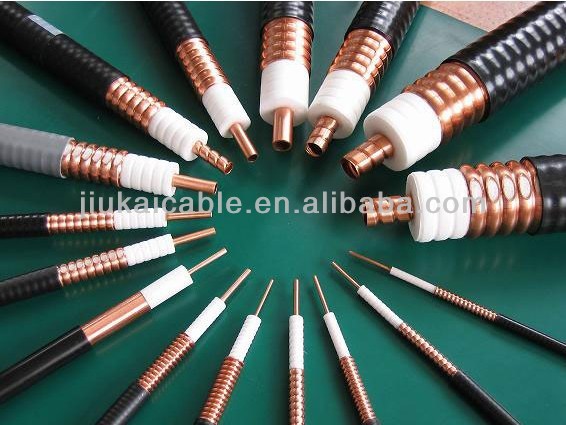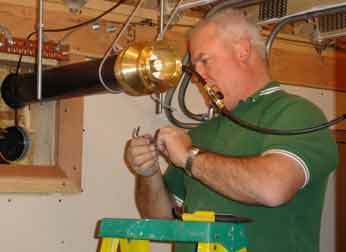There IS purpose for "strange" wire. When I was a kid, and first got into amateur radio, there was a telephone wire (pole to pole) that we all called "copperclad" which had a tempered steel core, because it was stronger, with ice, snow, etc. Harder'n 'ell to cut, but you could 'bout tow a car with that stuff.
The one stuff I've ALWAYS hated was "tinsel" used in telephone handset and instrument "coily cords" This junk is flimsy copper strands wound around CLOTH core, and you can NOT solder it. It requires special crimped terminals to be reliable. It is used because it helps cut down on static when flexing the wire. Still used today in some headphone cords
Another interesting mix is stuff like (Andrews etc) "heliax" which is large diameter low signal loss transmitting and receiving "hardline" used for long tower runs of RF feedline. This stuff is ordinarily a corrugated copper outer shield with an irritating foam dielectric, and a tubular aluminum inner core that is copper coated. You need a "big ***" iron to solder the center conductor, esp. up on a tower in the wind. I used to use the "big" Weller butane iron for that
The bigger stuff with a tube inner conductor is normall mechanical connections not soldered. The larger "air core" stuff is sometimes pressurized at low pressure with nitrogen
I never had to deal with anything this big, LOL a bout 1 3/8" was biggest I ever fiddled with



















